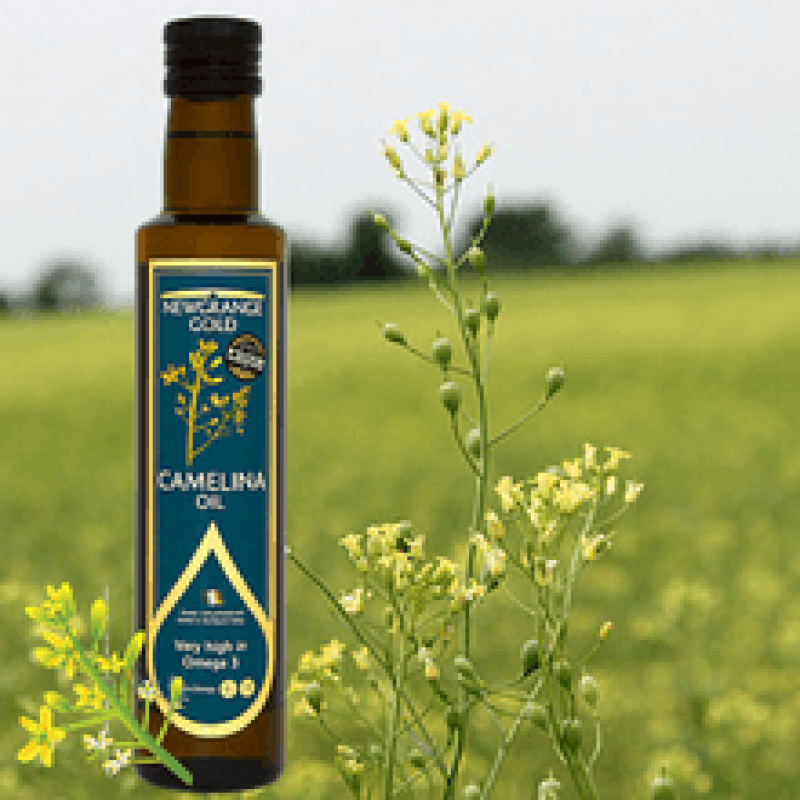Metabolic engineers have moved a step closer to sourcing fish oils from fields rather than from the oceans with a trio of successful research findings that support the commercial cultivation of a transgenic variety of Camelina sativa, one of Europe’s oldest oil seed crops.
They have reproduced results showing that the transgenic plants can grow in the field; they have matched the seeds’ biosynthetic products more closely to those of their marine counterparts; and they have identified the potential for even greater oil storage in the seeds.
The work, published … by Nature in Scientific Reports, comes from a collaboration between Rothamsted Research and the University of North Texas. It appears as pressure mounts on traditional supplies of fish oils, which are vital nutrients for human health.
“Demonstrating that our GM camelina works in the field under real world conditions confirms the promise of our approach,” says Johnathan Napier, Leader of the Camelina Programme at Rothamsted, which led the research. “Having a viable land-based source of omega-3 fish oils can really address the ever-increasing demand for these healthy fatty acids”
Genetically modified camelina, engineered with genes from marine microbes, can produce two highly sought after omega-3 long-chain polyunsaturated fatty acids (LC-PUFAs), EPA (eicosapentaenoic acid) and the even longer chain DHA (docosahexaenoic acid).
[Read the full study]
The GLP aggregated and excerpted this blog/article to reflect the diversity of news, opinion, and analysis. Read full, original post: GM plants promise fish oils aplenty































